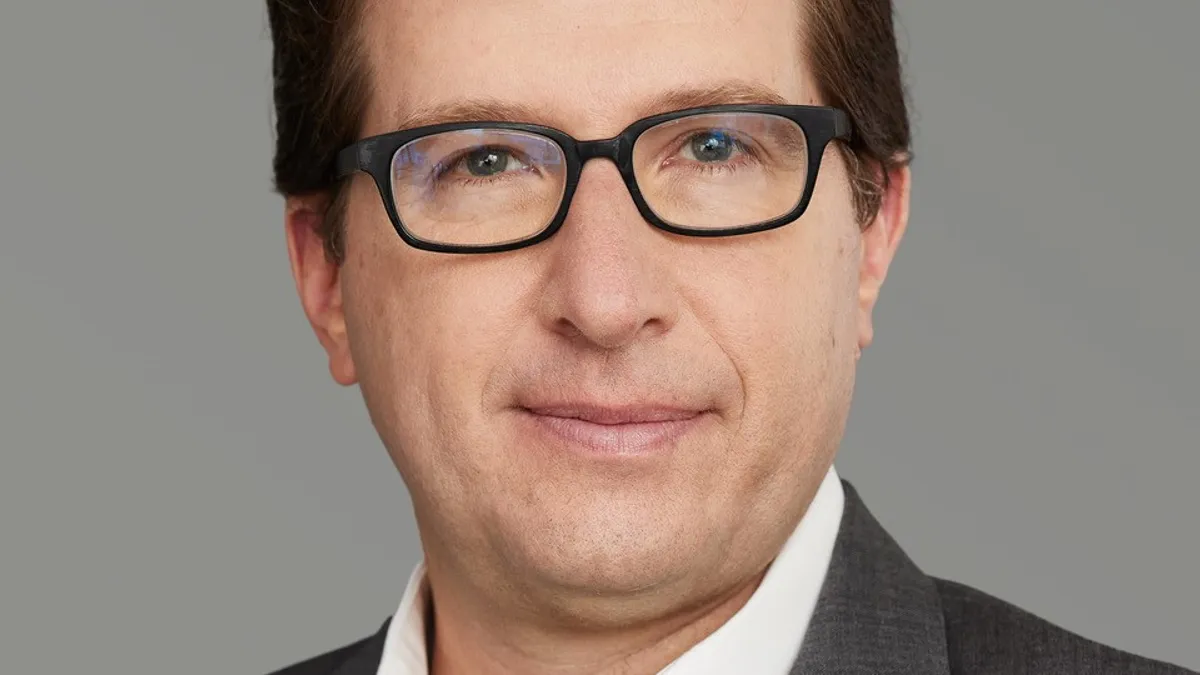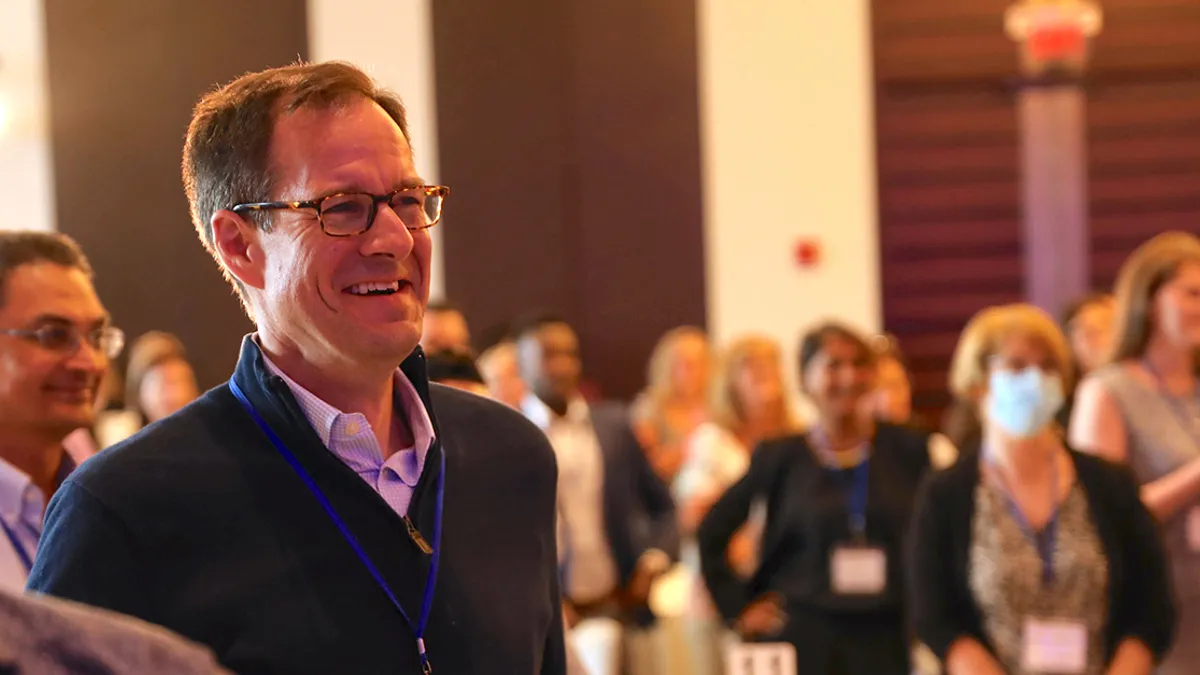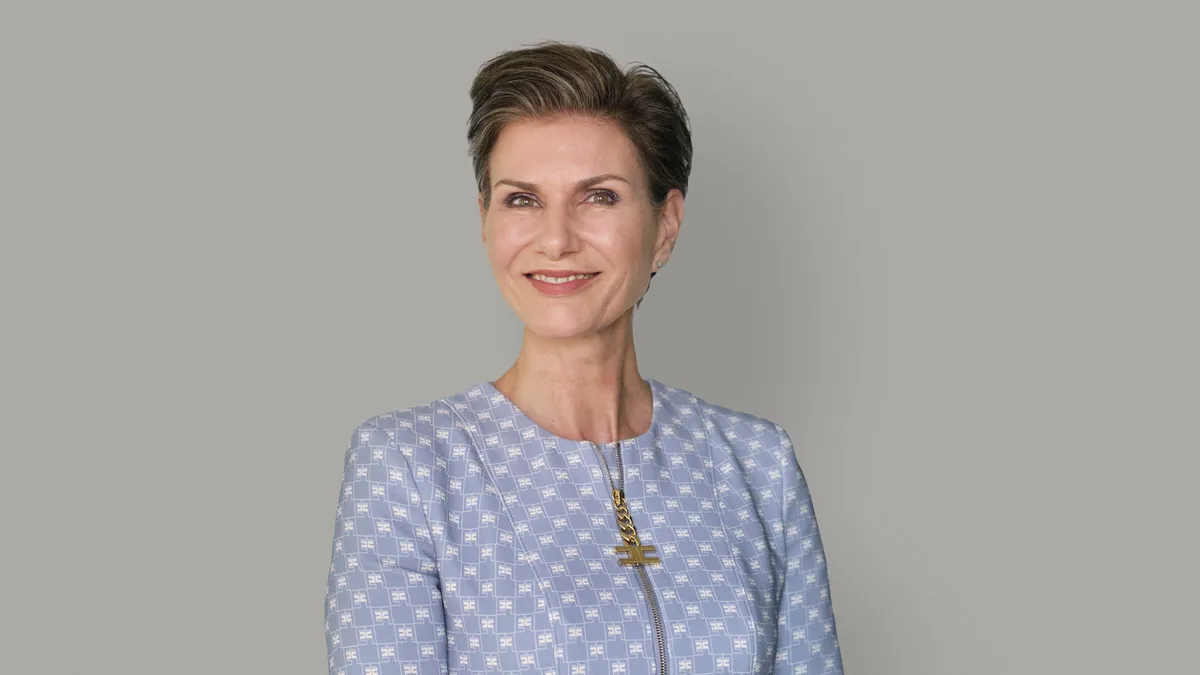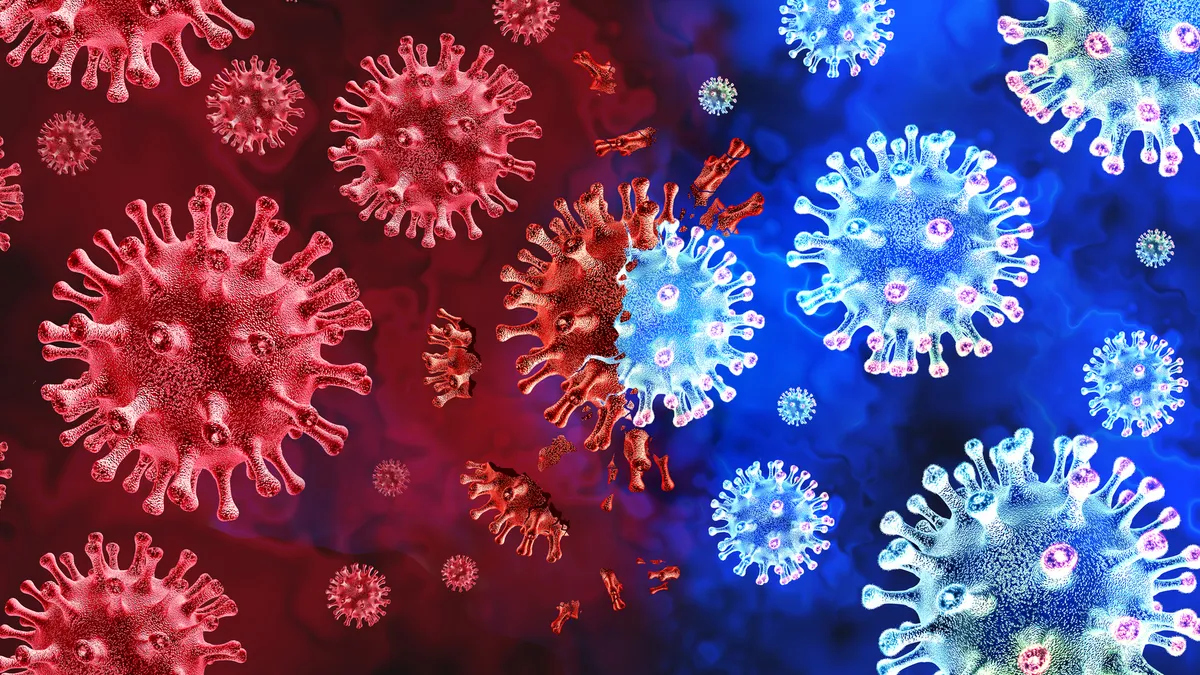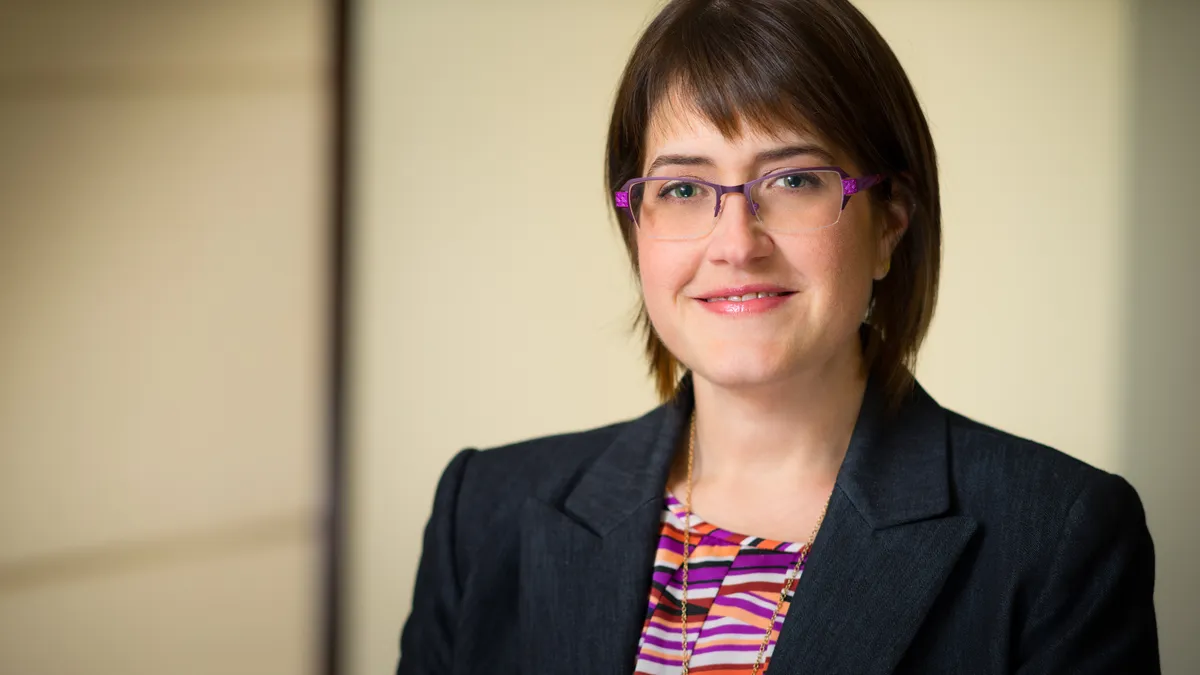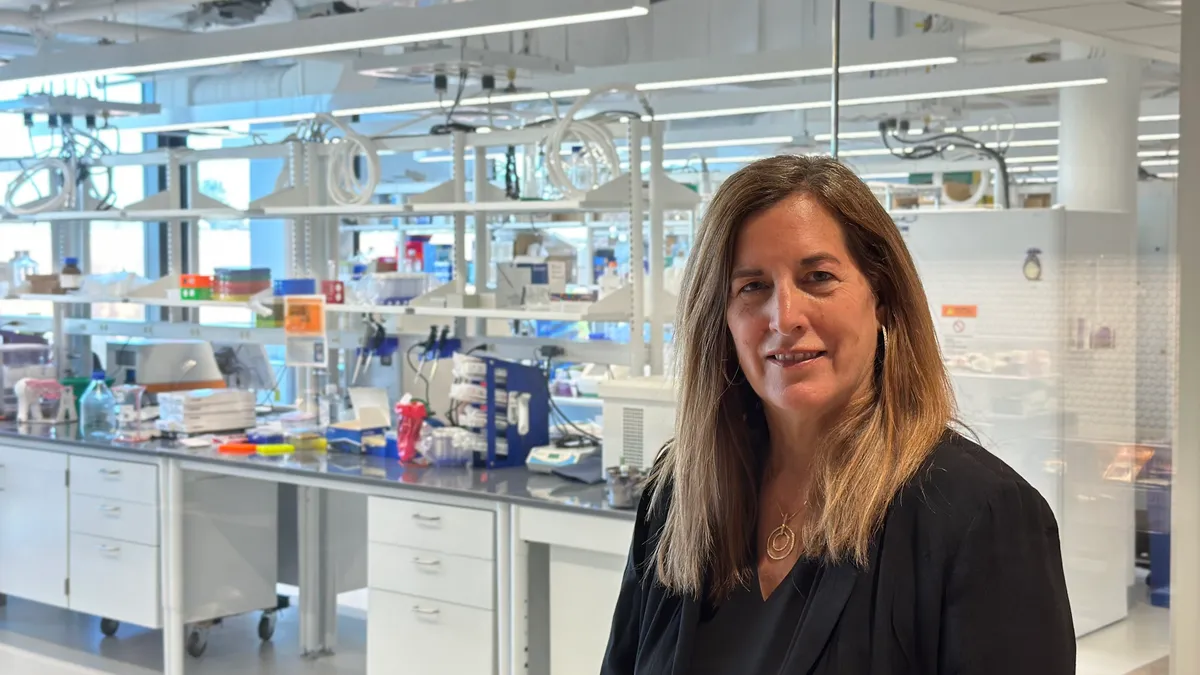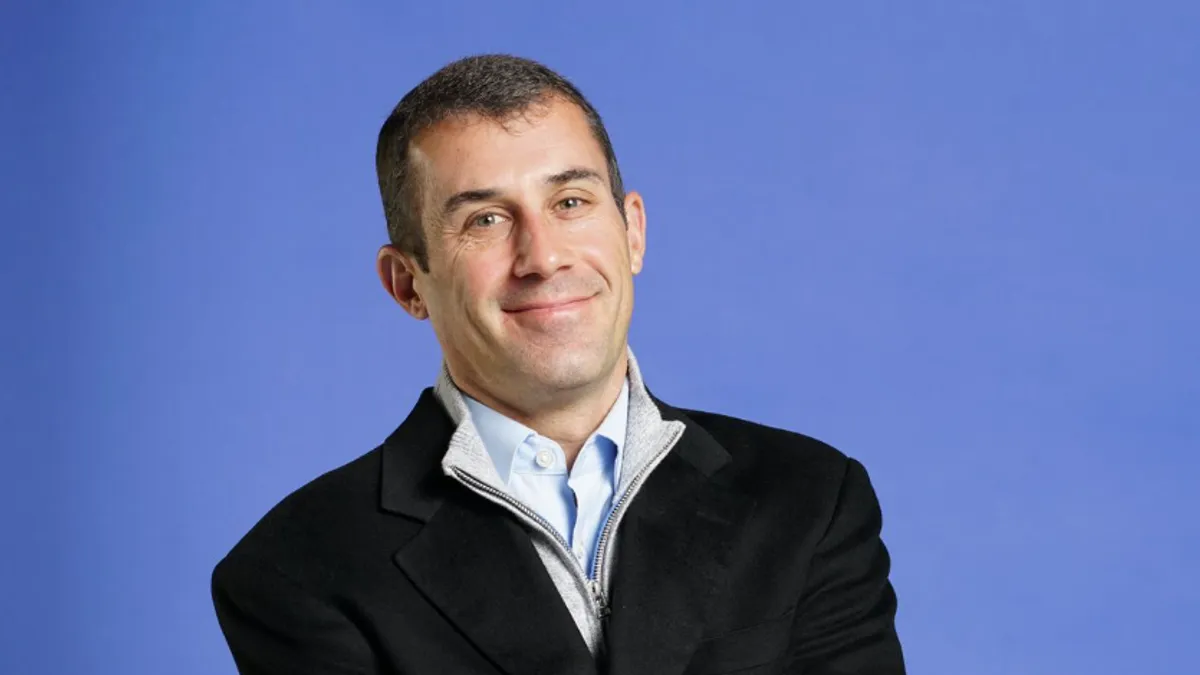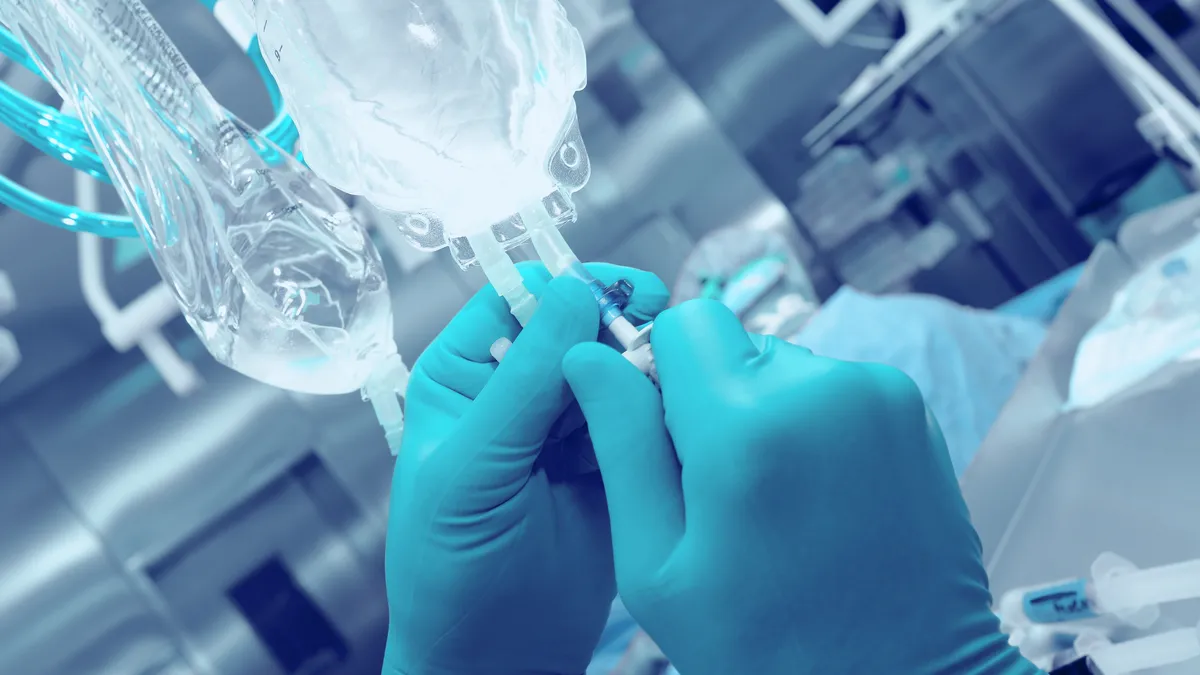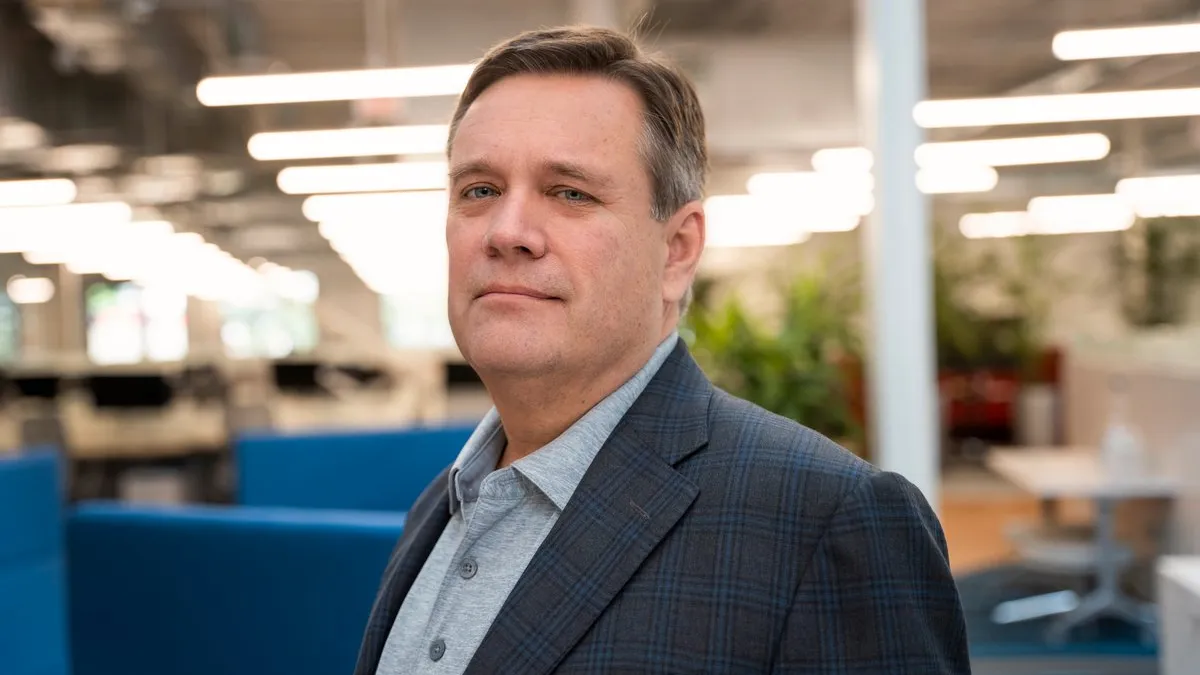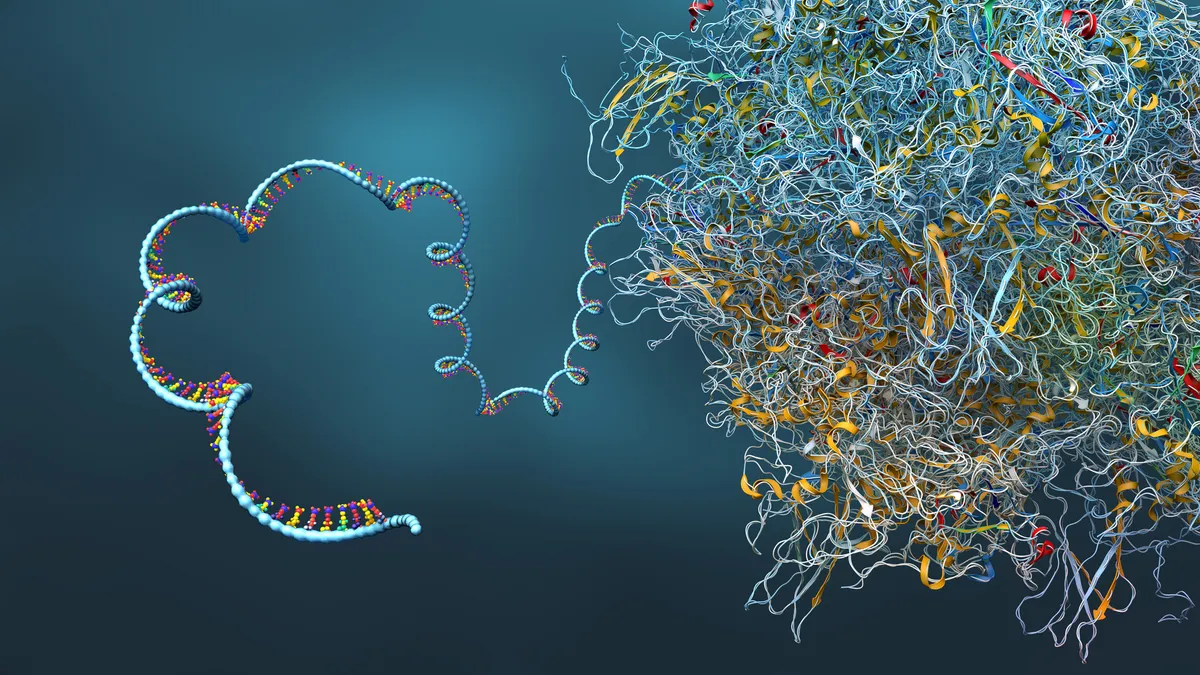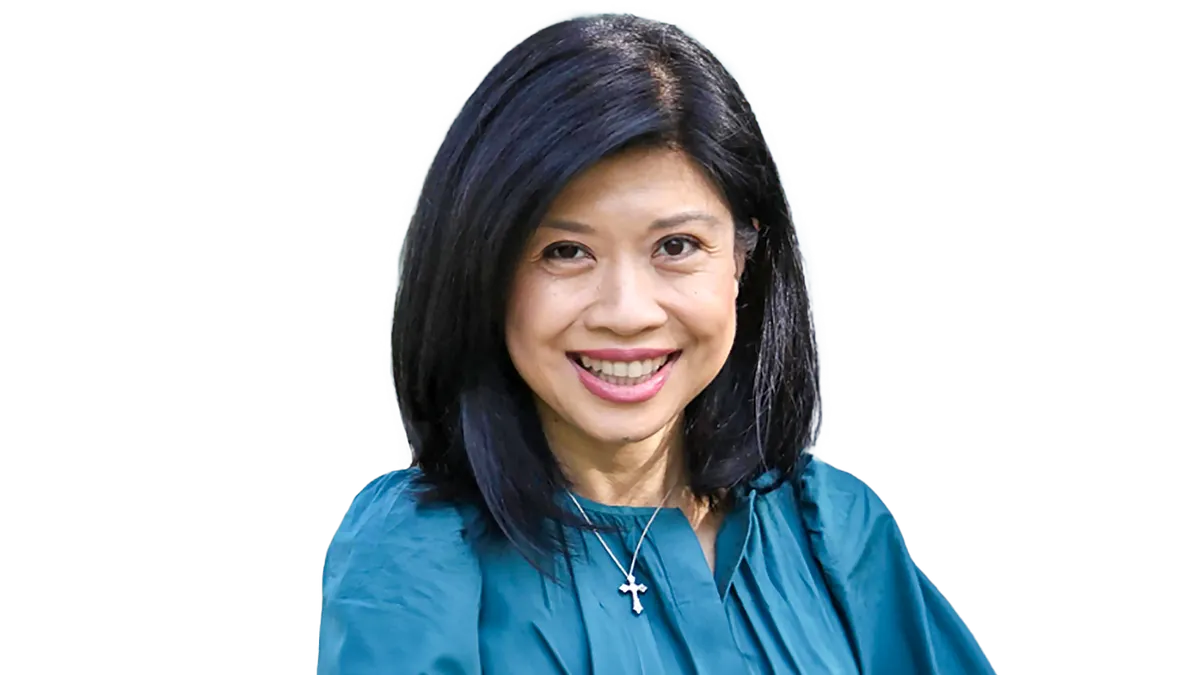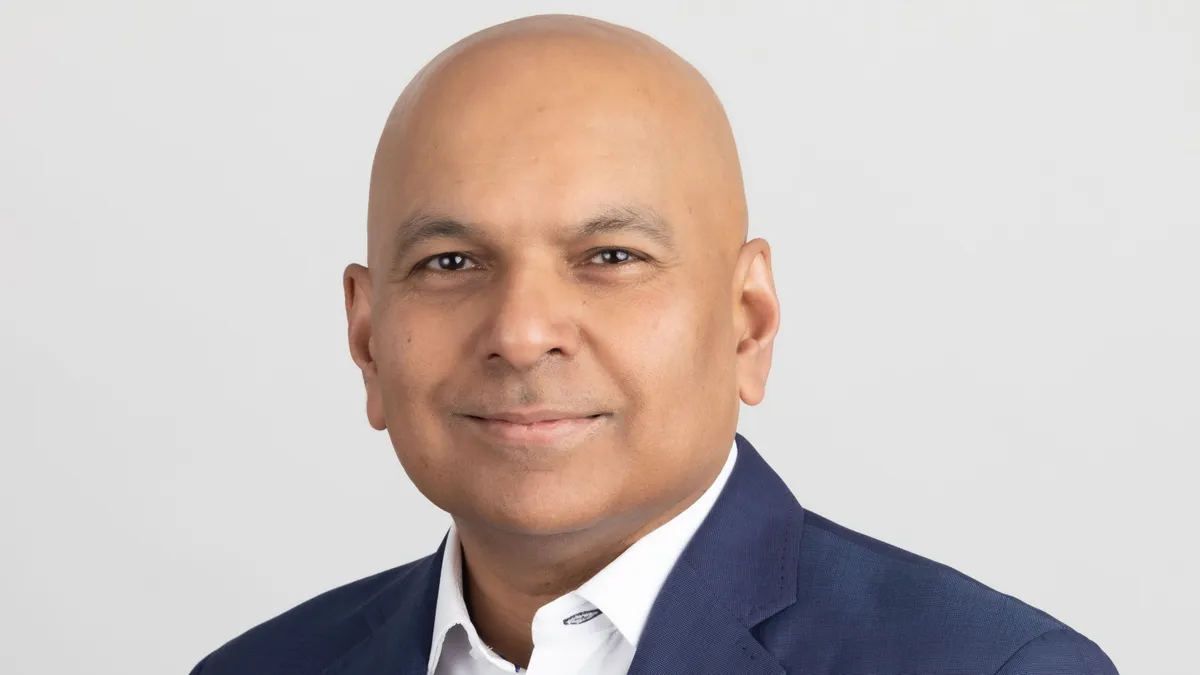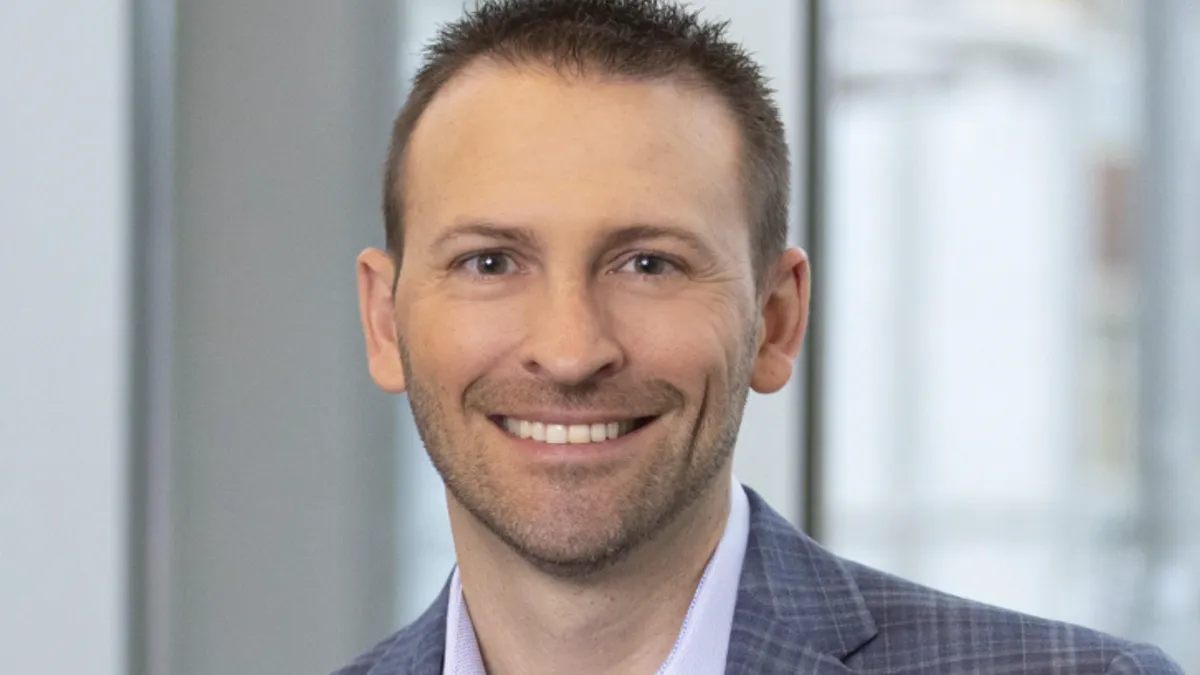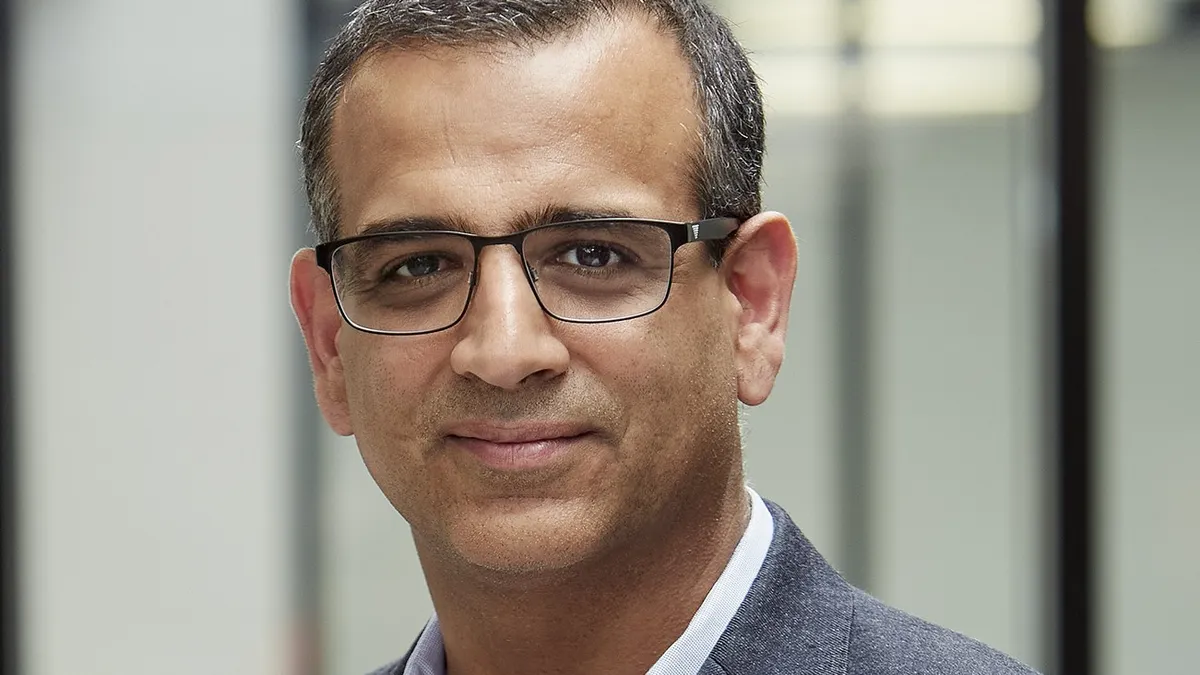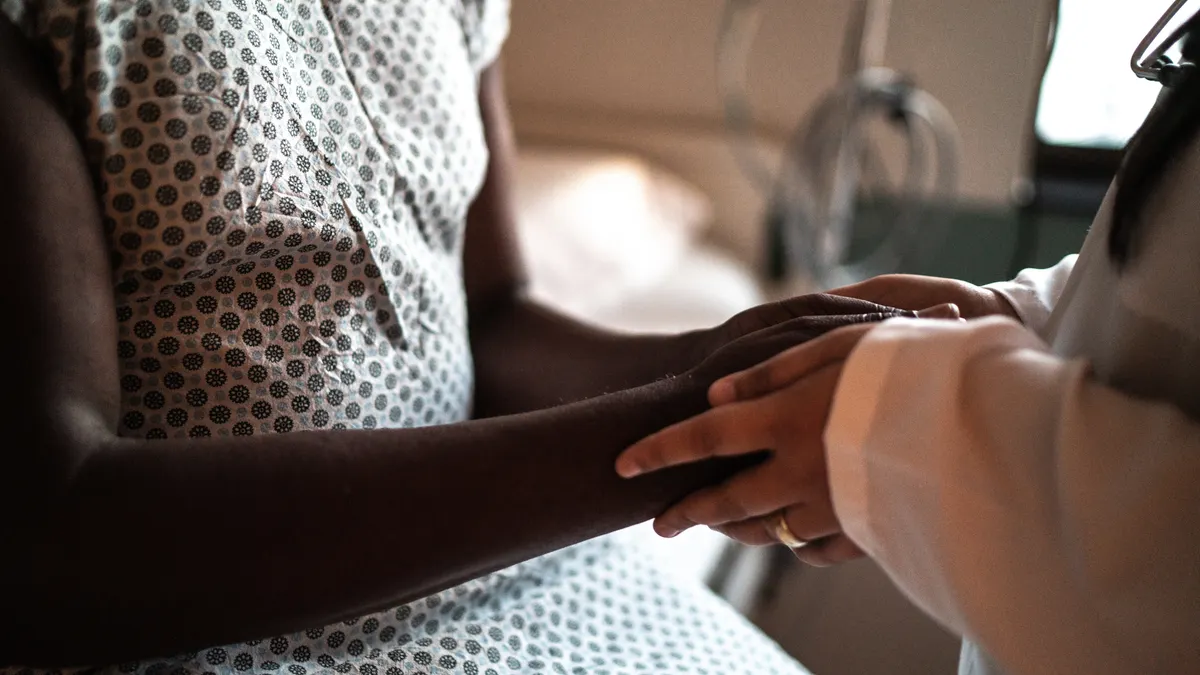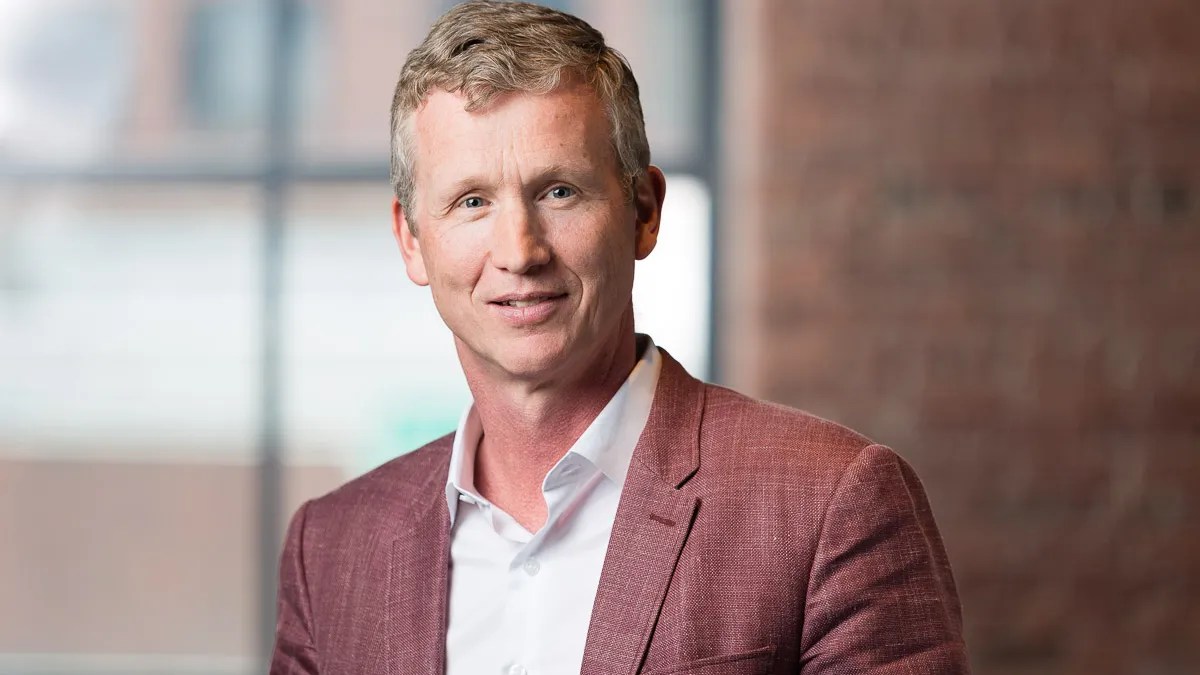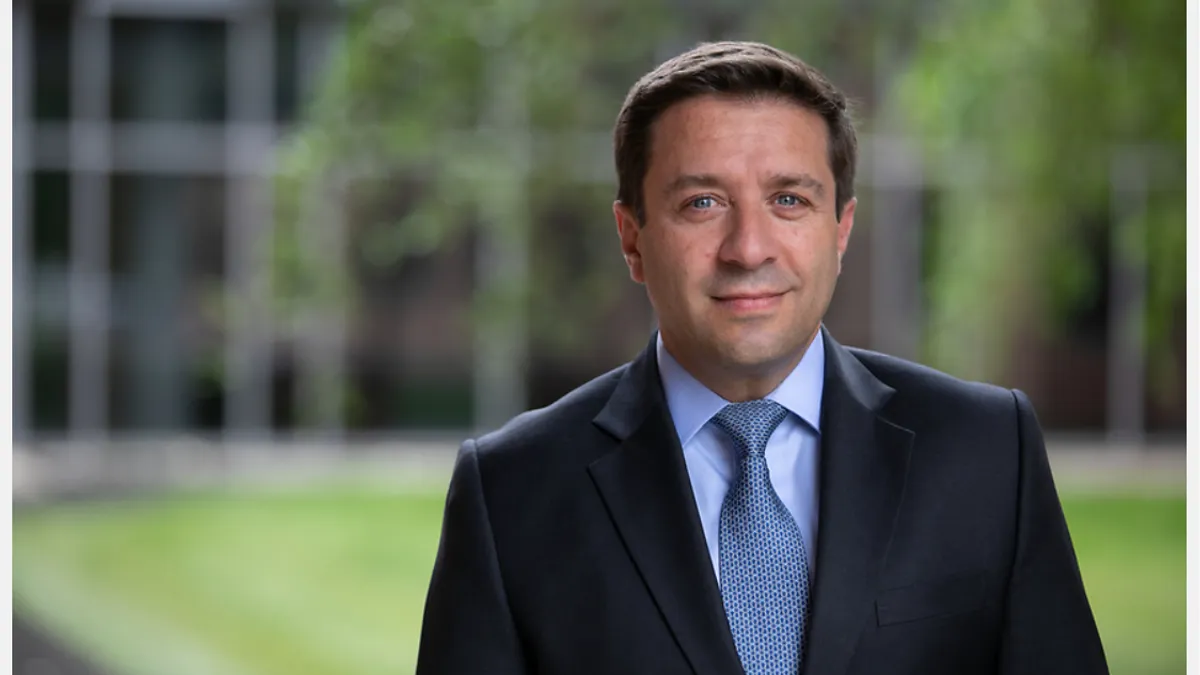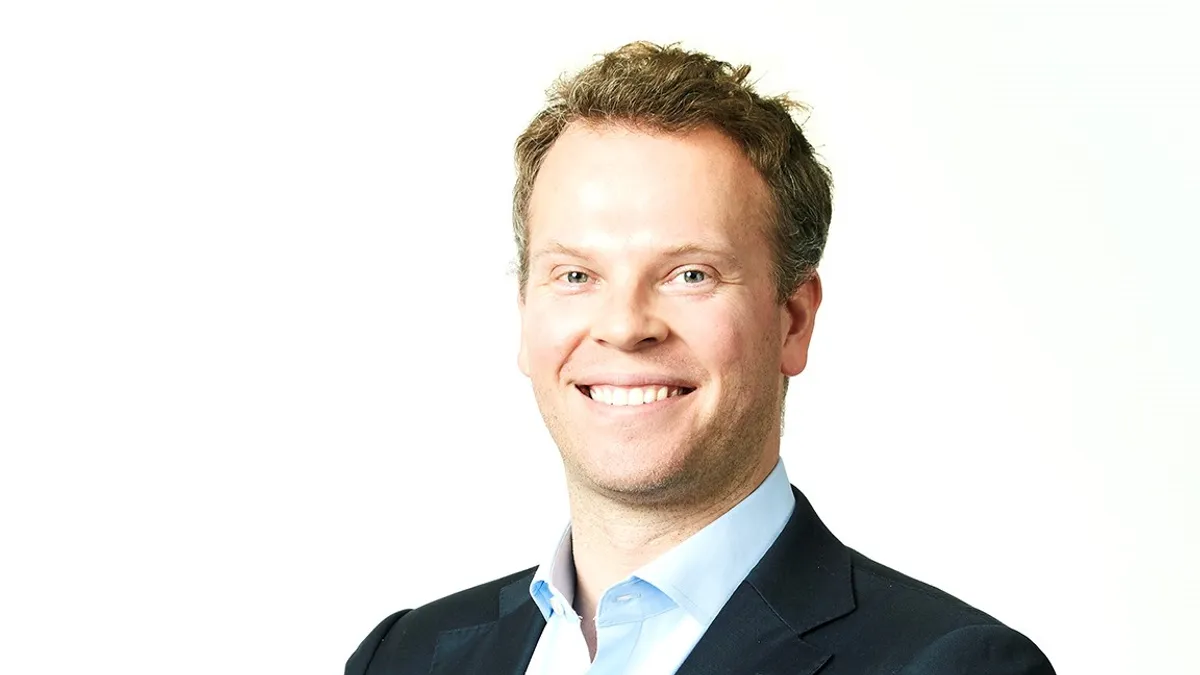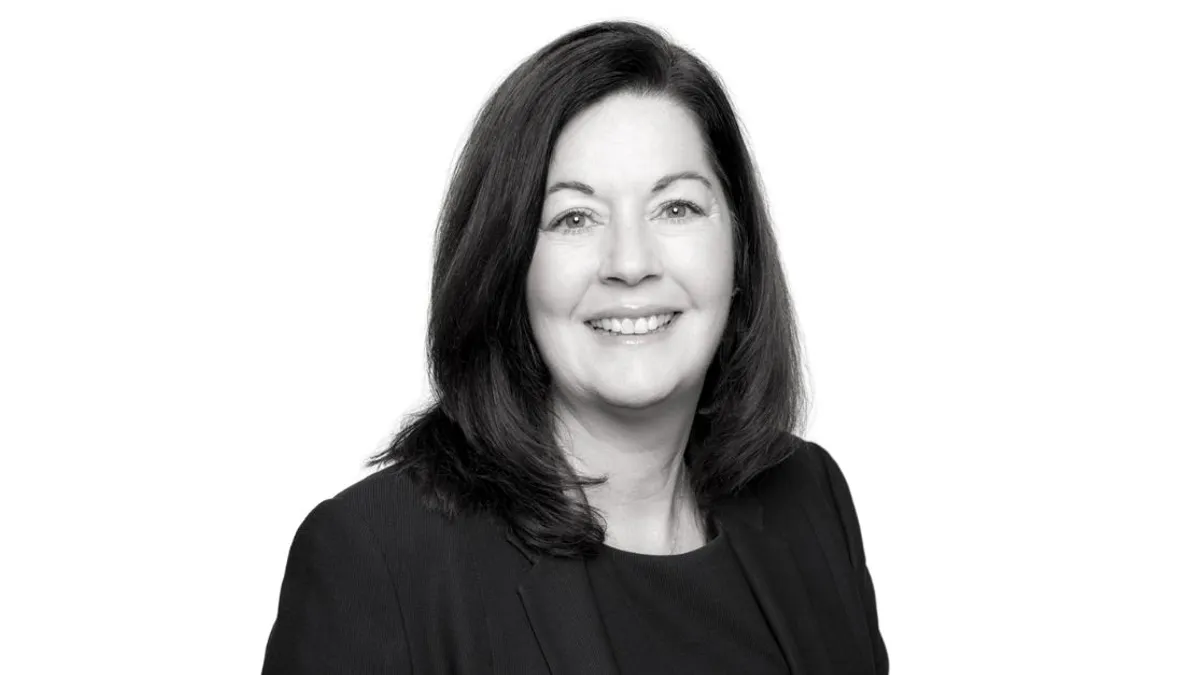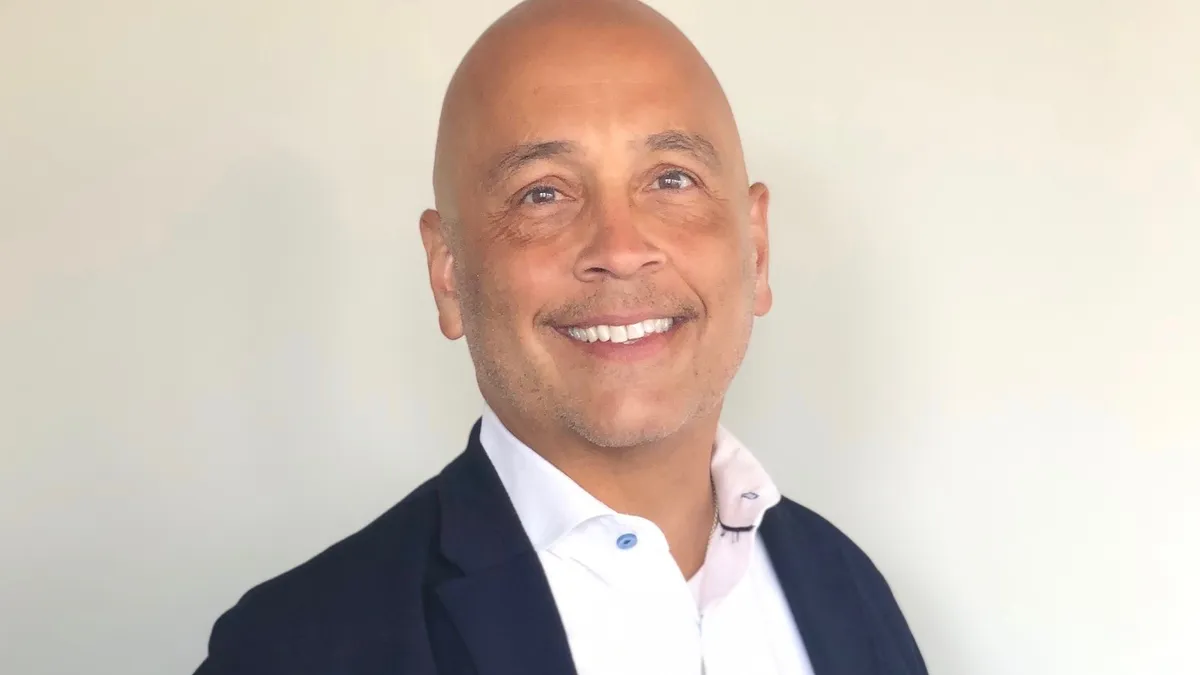Welcome to First 90 Days, a series dedicated to examining how pharma executives are planning for success in their new roles. Today, we’re speaking to Dr. Juan Camilo Arjona Ferreira, chief medical officer at Organon. The women’s health company has brought on the gynecologist-by-training to focus on a forward-thinking approach in an area that has been underrepresented for years.
By all accounts, Organon is a company that stands apart from so many others in the biopharma realm. And Dr. Juan Camilo Arjona Ferreira, who joined the women’s health specialist as chief medical officer in September, believes the pharma is set up not just to succeed as a business, but as a catalyst for change in how the world views the underrepresented area of medicine.
“We at Organon are in the right place at the right time,” Arjona Ferreira said. “We are visible, like a lighthouse in women’s health.”
Organon, which spun off from Merck & Co. in 2021, brought along the pharma giant’s portfolio of nearly 50 women’s health products, which brought in $4.5 billion in revenue in 2020. The company also has development plans to tackle some of the most difficult problems in the space, such as ovarian cancer and endometriosis, and has been courting funders looking for impact-investing opportunities.
When it comes to innovating Arjona Ferreira sees creativity and agility as the keys. Having worked for Merck early in his career and then holding the chief medical officer position at the smaller women’s health biotech Myovant Sciences prior to his current role, he entered Organon with a variety of experiences he said will help him and his team think outside the box.
“We came out of Merck, but we don’t want to be that — we need to be something different,” Arjona Ferreira said. “Understanding the complexities when you do that at scale has been fascinating and very exciting to be part of inventing and defining that, because it’s never been done this way before.”
“We at Organon are in the right place at the right time. We are visible, like a lighthouse in women’s health.”

Dr. Juan Camilo Arjona Ferreira
Chief medical officer, Organon
Here, we spoke to Arjona Ferreira about his approach to the chief medical officer position, the importance of a new lens in women’s health and what is coming up in the new year.
This interview has been edited for brevity and style.
PHARMAVOICE: Tell me about your first months at Organon. What have been your priorities?
DR. JUAN CAMILO ARJONA FERREIRA: It’s been exciting to come to Organon. I’m a gynecologist by training and have been working in development for many years, always with a very clear focus on women’s health. And Organon is the place to advance women’s health. These first few months have allowed me to look under the hood and understand how we’re operating tactically and strategically. I see a lot of opportunity for me to bring my experience, not only from a women’s health drug development perspective, but also coming from a biotech startup [Myovant] — the agility and nimbleness and that flexibility that you require in a smaller company would allow us to move our pipeline faster. So my priorities are strengthening the team that we have, which is fantastic, advancing our pipeline and being creative as we approach new studies. There’s a long way to go in women’s health, and it’s been underappreciated and understudied for decades.
You spent a good portion of your early career at Merck leading projects in women’s health. Now, at the women’s health spinoff of Merck, what has remained the same and what has changed?
I started my career in drug development at Merck and I was very fortunate to have that opportunity to learn in one of the best development engines in the world with very smart people. I was there for the [2009] merger between Merck and Schering-Plough, and I brought Organon over to Merck at that time. So I know the products and I know a lot of the people. It does feel like coming back home in a way to complete what I started then. And part of this transition of Organon out of Merck is a mindset shift from a big, ultra-structured organization to a more nimble, agile organization that wants to innovate quickly. If we do things the traditional way, it’s going to take us 100 years to get women’s health to where we aspire to bring it, so we need to be creative.
What direction do you envision for Organon in its medical approach?
The way we see women’s health at Organon is through the life and health of women as a continuum. From girls to adolescence into adulthood and reproductive years, and then to menopause and elder years, there’s opportunity and need everywhere. We don’t look at it in terms of conditions or diseases, but more how we can improve the lives of women across the board. The way we do that is to look at this as a three-dimensional matrix that spans an entire life. With education, prevention, diagnosis and treatment, we’re looking at drugs and devices, but we also go beyond that into delivery platforms as well as data and digital solutions. We’re not trying to boil the ocean, though — we are also very focused on where the biggest unmet needs are, but it’s not just business oriented.
What are the most important leadership qualities for a chief medical officer in the women’s health field?
The No. 1 area you would expect is scientific leadership. We need to ensure that we have high standards on science, which in some ways have been lacking in women’s health. And inspiring leadership is important. We’re rallying people who care about women and changing women’s health. It’s clearly been demonstrated that if you improve the lives of women, you improve families and societies overall. There’s a balance of science and development and commercial, and we’re bringing that perspective so that our view as a company is balanced.
What are some of the biggest hurdles for Organon as it tackles a very underrepresented part of medicine?
That is the challenge itself, and one that is at the core of why we’re here. Gender bias is very pervasive. The UN issued a report this year where they documented across the world that nine out of 10 people of all genders would have a negative view of women. And that’s what we’re dealing with and that’s our biggest challenge. That’s why we have an ecosystem approach to women’s health. I’m super excited about the announcement by the White House last week about their new women’s health initiative. This is exactly the lens they have, that the government needs to do something about it, and with a timeline of 45 days to deliver first ideas, they have to work across sectors. We’re ready to contribute any way we can.
Can you tell me about your plans to make research more inclusive?
We’re fortunate here at Organon because diversity, equity and inclusion are at the core of who we are. It’s part of our DNA and it’s part of how we approach everything we do. And research is not an exception. We want all of our studies to represent the population that is likely to use and benefit from our drugs. Not just because it’s the right thing to do, but we want to understand the benefits and risks of using our drug across all groups of patients. We’re making this a mandate — and that will come with different tools so that we’re not just randomly trying to get these patients. We have a plan for how we’re going to do it, which sites we select, where we select those sites and how we engage with the community. It is the core of what we do.
How often do you have conversations about changing the global mindset for women’s health?
Every day. In every conversation with anyone you talk to, it is an active effort. Holding each other accountable is the only way, because we’re all in this journey, and helping each other get better at it.
What are you excited about for 2024?
We’ve had two formative years, and we’re getting to a good steady state. Advancing our pipeline is a key piece. With our OG-7191 program for polycystic ovarian syndrome, we’re aiming for a first-in-human study next year. We’re advancing our program in endometriosis, so we’re looking forward to enrollment in that study. And then there are the milestones outside of the company, like the government initiative and a lot of work being done at academic institutions. There are many things that continue to build momentum in women’s health, and we are excited to be a part of it.



